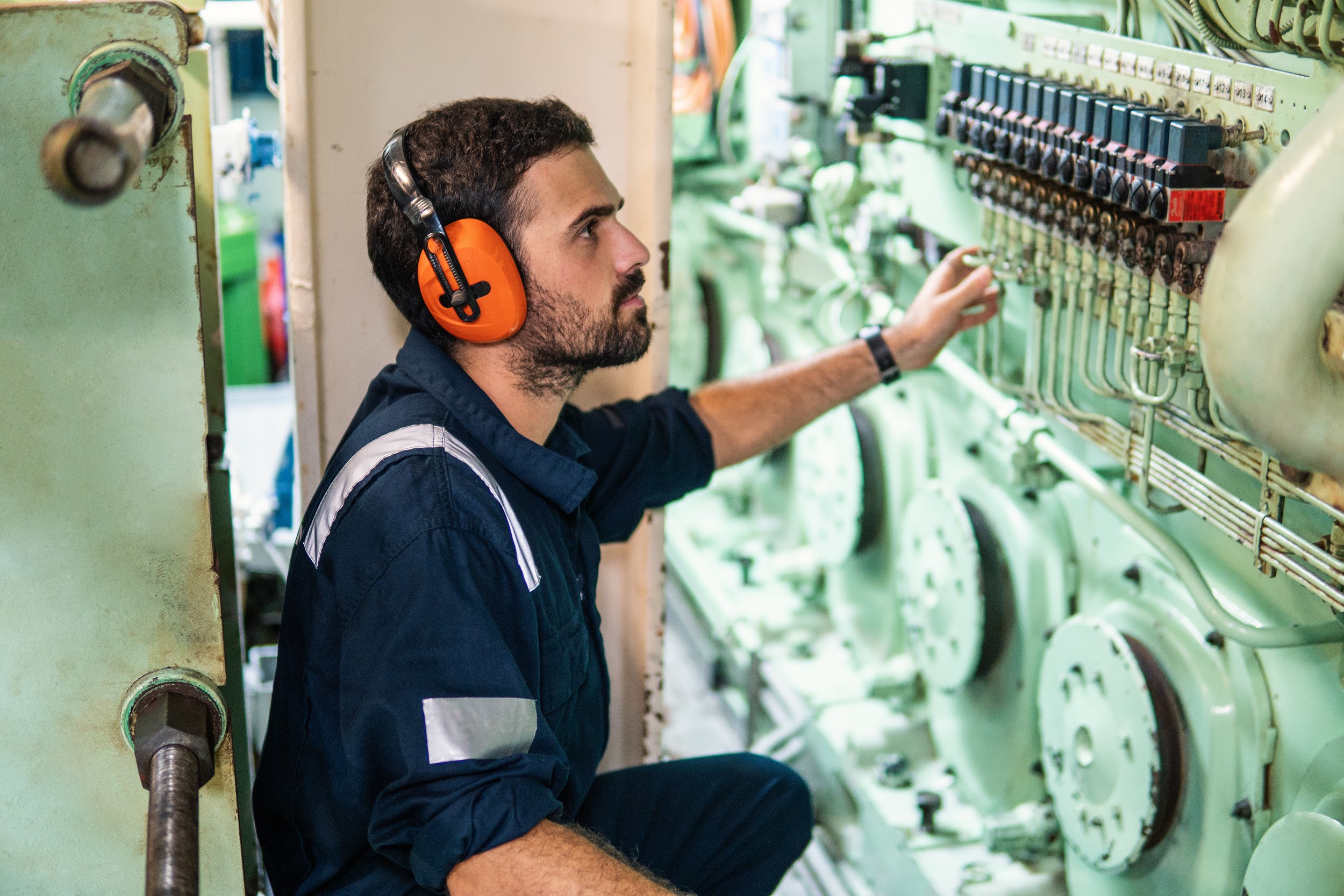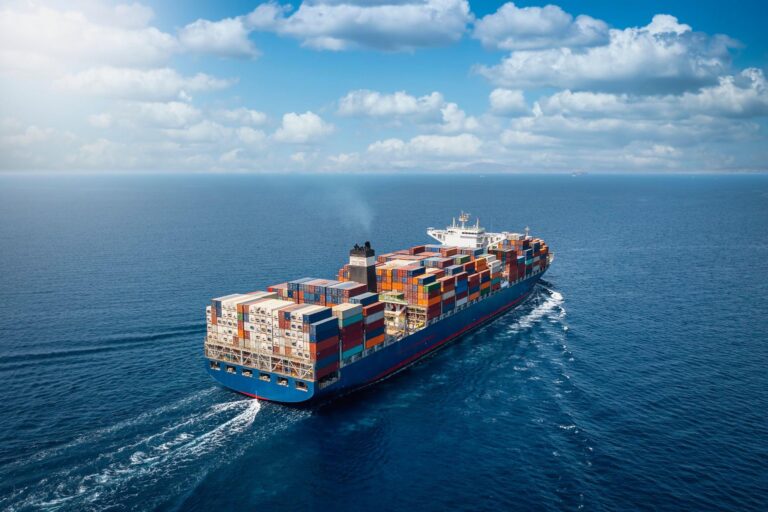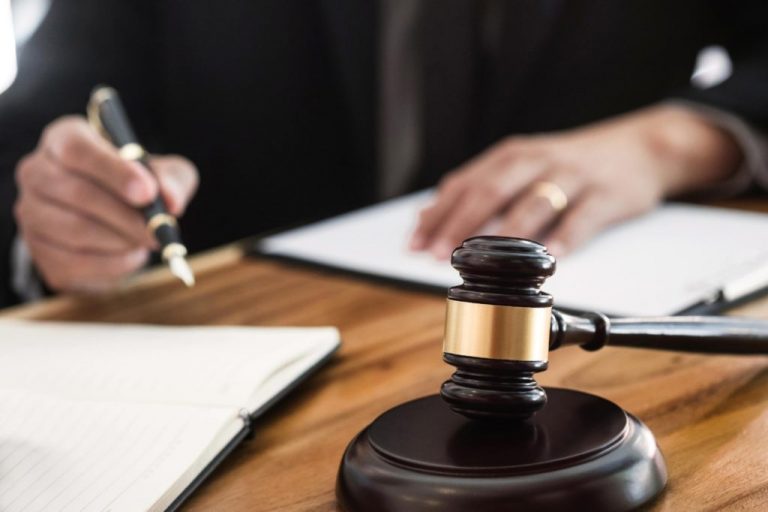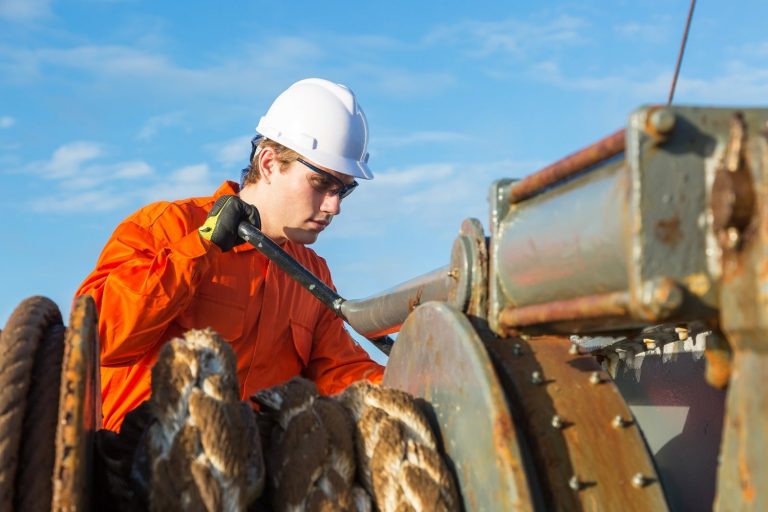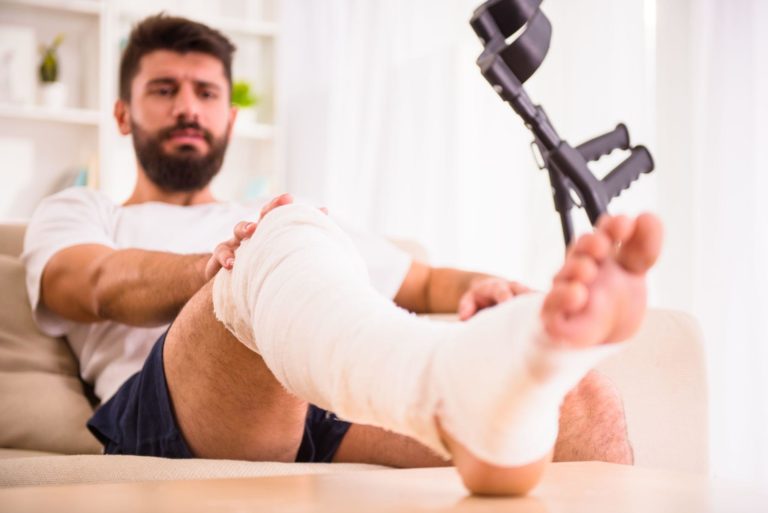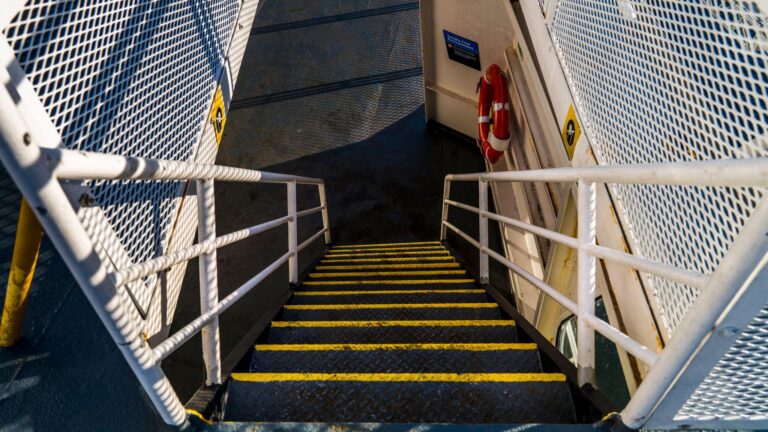Maritime workers perform their duties in an unusually dangerous environment, with constantly moving decks and equipment, wet stairs and walkways, and severe weather conditions all affecting the safety of the crew. Maritime slip and fall injuries are common and, sometimes, serious enough to cause death or permanent disability.
In fact, the almost half a million people employed in the U.S. maritime industry have higher rates of injury and illness than their counterparts on land, with a fatality rate almost five times higher than the average U.S. worker.1 Many of these seamen and women who are injured serving a vessel will choose to consult with a slip and fall injury lawyer to receive fair compensation.
How Common Are Slip and Fall Injuries for Maritime Workers?
Of the many injuries sustained by maritime workers, 43% are slip and fall injuries.2 Serious falls might happen on the deck itself, off overhead platforms, from rigging, through hatches, down stairwells, or overboard. While OSHA and other regulatory agencies require fall protection in all working environments, maritime workers remain more likely to sustain a slip and fall injury than most other individuals.
Under OSHA guidelines, shipowners have a duty to protect workers from falls by:3
- Providing guards over every opening on deck through which a worker might fall
- Installing and maintaining fall protection toe boards and guard railings for work areas elevated by five feet or more—regulations range from 4-8 feet in various industries
- Having guard rails for any platforms above dangerous equipment or machinery
- Keeping floors in work areas clean and as dry as possible
- Providing personal protective gear at no cost to the employee
- Providing and training workers in the use of safety harnesses, nets, and equipment
- Training workers about maritime safety hazards and safe operating procedures
What Are the Common Causes of Maritime Injuries?
Working conditions on a ship or ocean platform can be dangerous even with all required safety equipment in place. Anything that causes unstable footing, distraction, or unsafe conditions can cause an accident.
Maritime injuries are commonly caused by:
- Improperly secured lines, rigging, or anchor chains
- Insecure cargo containers that shift or move suddenly
- Slippery, oily, or wet decks, stairs, or platforms
- Poor lighting or visibility
- Obstacles or dangers that are unmarked or unexpected
- Hatches, doors, or safety guards left open or unsecured
- Hoses, wires, or cables that run across work areas and cause a tripping hazard
- Worn out or failing ladders, steps, or non-skid surfaces
- Ice, fish slime, hydraulic fluid, or other spills of slippery substances
- Unsafe practices, including debris or unsecured equipment left on deck
- Lack of training in fall avoidance, including planning where to take cover and secure climbing techniques
- Unseaworthy vessels that lack equipment or design suitable for their mission and intended purpose
Which Types of Injuries Are Caused by Slip and Fall Accidents at Sea?
Unfortunately, slipping and falling onboard a ship can cause even more serious injuries than on solid ground. In tight quarters, many falls result in hitting an object. Attempts to stop a fall or hang on in rough weather can cause injuries as well. Certainly falling overboard or into machinery can cause life-threatening or paralyzing accidents.
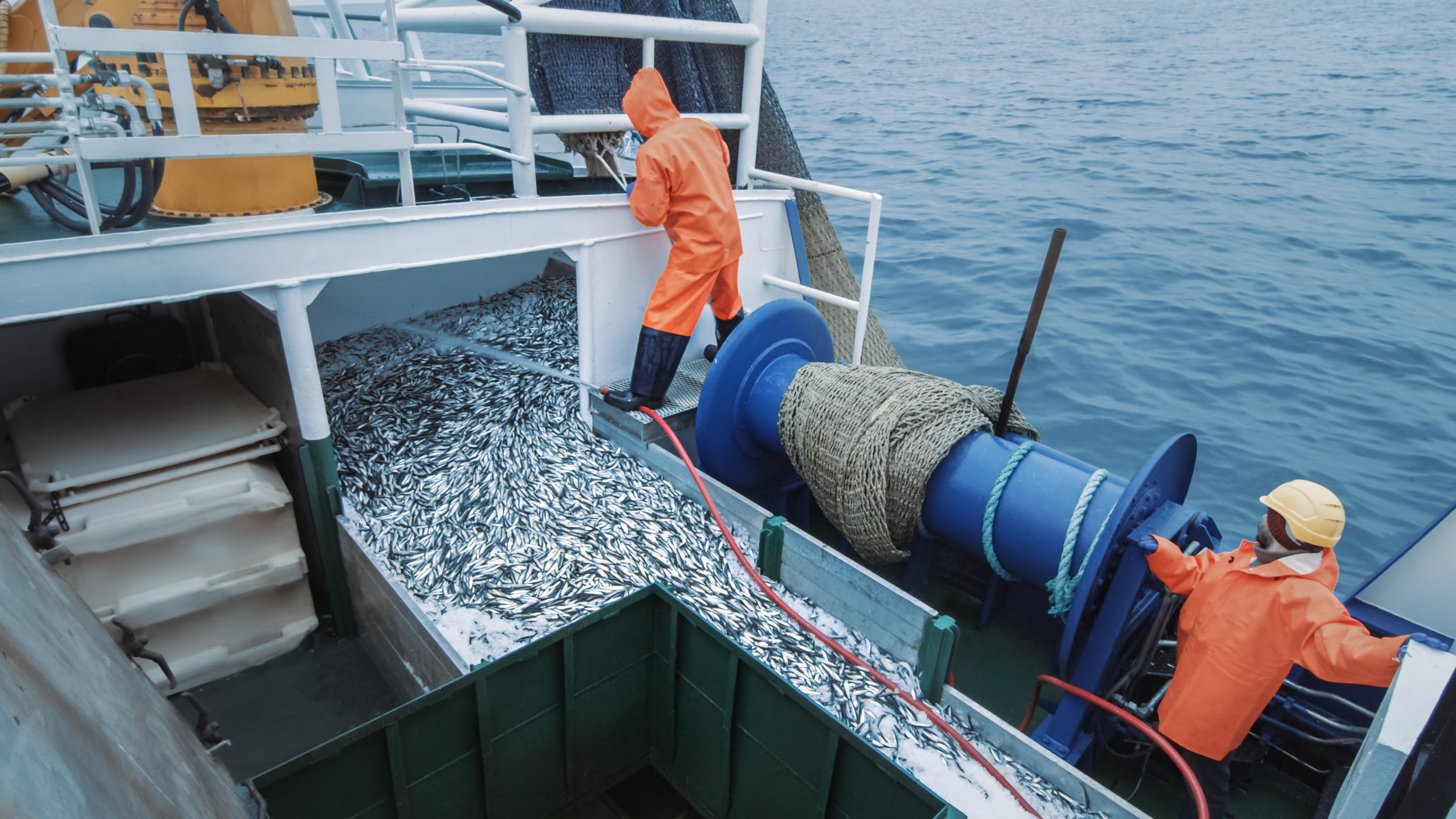
Fishing vessels, cargo ships, and oil rig platforms all come with their own additional dangers. Emergency medical treatment may be delayed at sea, further complicating these injuries. Depending on the causes, there may need to be a case filed by a slip and fall injury lawyer on behalf of the injured person to obtain full compensation for a life-changing injury.
Common injuries caused by a maritime slip and fall accident include:
- Sprained ankles, wrists, shoulders, or hips
- Torn ligaments or slipped discs
- Bruises, abrasions, or broken bones
- Traumatic elbow or knee injuries
- Concussion, brain injuries, or coma
- Spinal cord damage, paralysis, or neck or back injuries
Preventing Maritime Slip and Fall Injuries
Working as safely as possible is the responsibility of each crewmember on board. By being well prepared and following safety guidelines, some of these accidents can be prevented. Especially in rough conditions or heavy weather, consider prevention steps like these:
- Be familiar with risk assessments for manual tasks and follow all safety procedures.
- Make a personal assessment of the risk in current conditions and use additional safety gear or a team approach to moving or lifting.
- Avoid twisting or bending when moving a load manually, and use equipment wherever possible to minimize the risk of falling when moving cargo.
- Use safety lines or harnesses in high-risk situations and wear proper footwear for conditions on deck.
- Take regular breaks to avoid fatigue, distraction, or errors in judgment.
What Legal Compensation Is Available for Maritime Injuries?
Maritime law protects workers who sustain any injuries in service of a vessel. It isn’t necessary to prove that the shipowner or crewmembers were negligent in allowing the accident to happen. The ancient law of maintenance and cure requires shipowners to cover medical expenses and provide living expenses until an injured seaman can return to duty.
Another law that provides protection for injured maritime workers when negligence is a factor is the Jones Act. For example, if railings and toe guards are not in place to prevent a serious fall on board, the shipowners may be held liable under this federal act. Slip and fall injury lawyers who specialize in maritime law and can file cases in the relevant jurisdictions might be the best source for more information about these legal protections.
The types of compensation that may be available include:
- Medical care, nursing, and medical equipment expenses
- Physical rehab and long-term treatment
- Mental health treatment for conditions like depression or PTSD
- Lost wages or earning capacity
- Basic living expenses during recovery
- Pain, suffering, or punitive damages
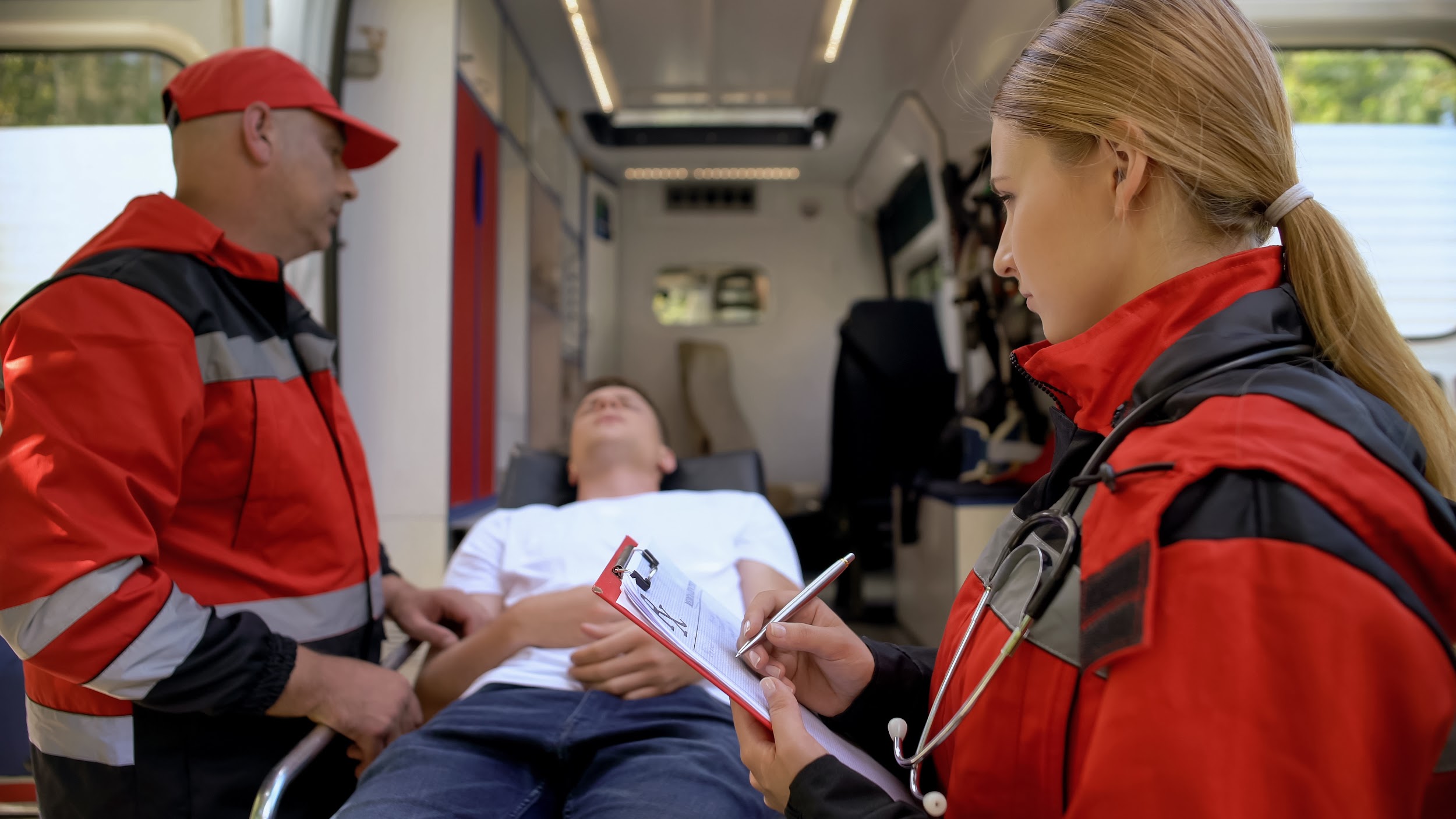
When Do You Need a Maritime Injury Lawyer?
The laws that govern the maritime industry are complex and deeply rooted in tradition. The ancient laws of the sea and the more modern additions like the Jones Act outline the responsibilities of maritime workers and shipowners, as well as the legal avenues available to them. In most cases, the shipowner is responsible to provide a safe working environment and fair compensation to the crew members who are injured in the line of duty.
Navigating these complexities after an accident at sea can be difficult on your own. After a serious injury, not every shipowner complies with the law, or they may slow down the process to the point that the individual or their family is in crisis. Seeking experienced legal help can provide options and an advocate to work on your behalf.
At Schechter, Shaffer and Harris—Maintenance and Cure—we have five decades of success representing longshoremen, seamen, and all types of maritime workers. Together, we bring over 100 years of combined experience to your side of the table. We even offer no-interest loans to our clients because we understand the urgency of families in financial distress after an accident.
Contact us today if you are looking for legal guidance about a maritime injury or the loss of a family member who worked in the maritime industry. There are many paths to fair compensation that may be available to you, starting with scheduling your free consultation and our promise that you pay nothing unless we win your case.
Sources:

